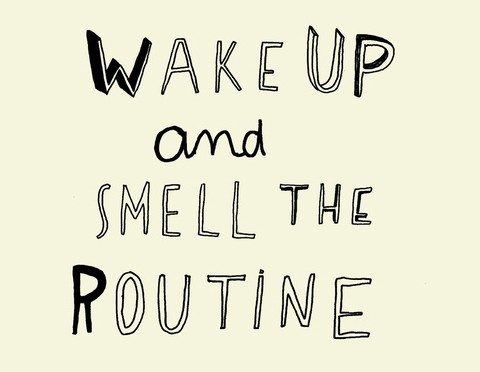I saw a group of police officers fill a kombi at the Copacabana rank and I found it rather curious that these cops made more numbers than civilian passengers; surely they would bankrupt the kombi owner.
I wondered why the tout would allow all of them into the vehicle, remembering of course that where I am from, police officers don’t pay for a kombi ride!
But turned out they were all paying customers.
Another eye opener about how things are done differently here perhaps, yet I chuckled recalling that for kombi drivers in Bulawayo, the whole idea of giving a cop a free ride right in the front seat is so that the driver is waved through by traffic cops checking for everything from vehicle fitness certificate to driver’s license.
The travelling cop becomes the driver’s Moses, parting the road for safe passage.
What then here where the cops are paying full fares, by the ways of logic, there is obviously no protection to speak of and I am trying to picture a scene where traffic cops stop a kombi full of fellow cops who are paying passengers. Perhaps the same would apply? Wave the kombi through, I mean?
Yet the whole idea of cops and free rides has been met with some daring by certain Bulawayo touts, and I recall a tout looking a young cop in the eye and asking him if he if he had money for the ride.
The dumbfounded cop stared blankly and hesitated before the kombi sped off without him!
In any case, if you think of it, the parallels extend to all sectors of the country’s troubled present: many politicians have been fingered in demanding protection fees from sectors as diverse as farming and mining where extortion has been the order of the day: pay up and I will make sure your farm is not expropriated!
And the small fry, the poorly paid cop, can only have a free ride ostensibly to protect the driver from having his vehicle impounded, at least only as long as the cop is in the kombi!
Yet seeing the cops in Harare pay their fares like everyone else did brings a sense that perhaps this relationship between kombi drivers and cops is based on reports of cops smashing kombi window screens so why reward them with free rides!










